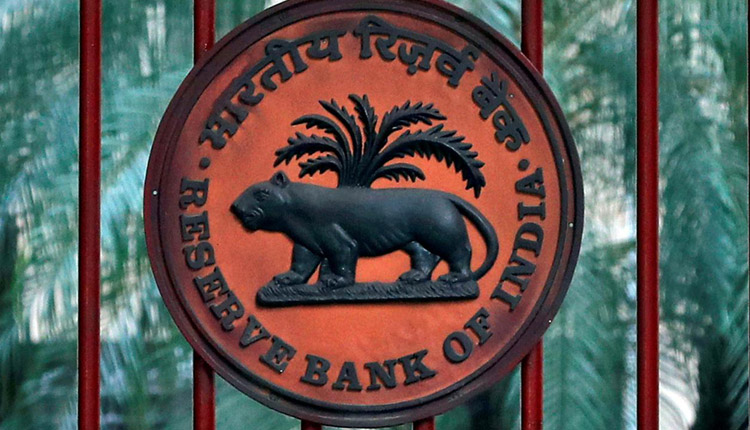Controversial Migrant Strategy Between Italy and Albania
Italy's latest move to send migrants to Albania faces legal and ethical hurdles, sparking debates about migration policy and human rights amid Giorgia Meloni's controversial governance.
Published November 07, 2024 - 00:11am

Image recovered from arabnews.com
In a contentious development in European migration policy, Italy has embarked on a bold strategy that aims to process asylum seekers in Albania. This initiative, spearheaded by Prime Minister Giorgia Meloni's administration, is designed to deter migrants from embarking on perilous sea journeys to Europe. However, the plan has faced significant legal obstacles and has rekindled debates around human rights and the legal frameworks governing asylum policies.
The Italian government recently dispatched an Italian navy vessel with a modest group of eight migrants towards Albania, following an initial attempt involving 16 migrants that ended in legal failure. This small scale move may reflect a cautious step as the government attempts to navigate the legal impasse that arose in October. Originally, Albanian courts ruled against the legality of detaining these migrants in Albania, an area outside the European Union which triggered questions about the safe country designation, based on the lack of comprehensive safety across its territories as stipulated by the European Court of Justice.
Prime Minister Giorgia Meloni's administration has shown resilience and determination in implementing this migration policy. By upgrading the legal status of countries deemed 'safe' to repatriate migrants, Italy aims to shield its policy from recurring legal challenges. Nonetheless, critics, including legal experts, argue that these changes may conflict with European judicial precedents and highlight the government's potential infringement on human rights standards.
Italian newspapers have speculated about which nationalities might be targeted next, with certainties not announced by the military. While initially, migrants from Egypt and Bangladesh have been at the forefront, the focus may potentially shift to other deemed more stable states like Tunisia, considering Europe's shifting political alliances and strategic necessities.
This initiative involves the construction of two migrant reception centers within Albanian jurisdiction, marking the first instance of an EU country diverting its migrant intake strategy to a non-EU nation. The agreement between Italy and Albania allows for a maximum occupancy of 3,000 immigrants at any given time in Albania, captured under tight supervision by Italian staff. However, these centers face significant opposition from international human rights organizations and political opposition within Italy, who criticize the policy as an expensive political ploy.
Giorgia Meloni, whose political figurehead anchors Italy's far-right political landscape, faces fierce opposition not only from the Italian left but also from some members of the European Union, who criticize both the logistics and ethics of her approach. They argue that the financial cost, estimated at a colossal 36,000 euros per migrant, represents a mishandling of public funds.
Legally, the situation has been further complicated by Europe's judicial stance that national rules cannot supersede international agreements when dealing with human rights and asylum protocols. This stance was echoed by several Italian lawyers involved in the defense of the migrants' legal rights, emphasizing the supremacy of European law over national decrees.
In response to criticism, Meloni has shifted the narrative by framing her administration's initiatives as necessary steps in addressing the growing migration crisis in Europe, pointing to the broader challenge that the European Union faces in dealing with irregular flows internally. Her opponents, however, dismiss these efforts as primarily symbolic.
The journey of the Italian ship 'Libra' has highlighted many facets of international migration policy, including the challenges it poses to national sovereignty, the responsibilities of hosting states, and the overarching imperatives of humanitarian aid. As the global community watches, the outcome could substantially influence future policies regarding migration and asylum in Europe.







